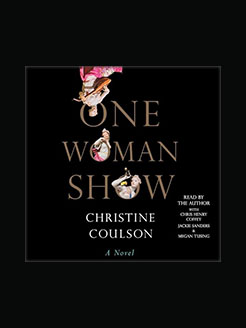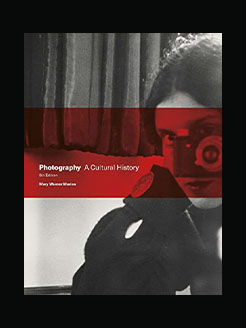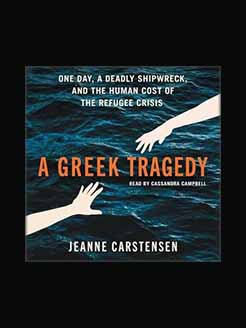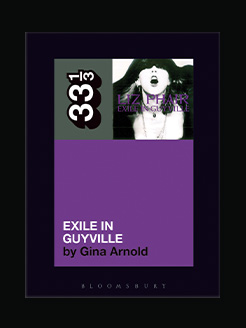Published in 2008
322 pages
Rachel Kushner is the only writer to ever be nominated for a National Book Award in Fiction for both a first and second novel. She began her Bachelor’s in Political Economy at the University of California, Berkeley when she was only sixteen and went on to obtain an MFA in Creative Writing from Columbia University. She published her first novel, Telex from Cuba, in 2008. Kushner has edited for Grand Street Magazine, BOMB, Soft Targets, and Artforum, among others. Her fiction and essays can be found in the New Yorker, the New York Times, and the Paris Review, and frequently focus on issues of feminism, contemporary art, revolutionary politics, culture, and modernism. In 2013 New York Magazine called Kushner’s second book, The Flamethrowers, “probably the most heatedly discussed book of the year.” For this title Kushner was a finalist for the 2014 Folio Prize, the James Tate Black Prize, and the Bailey’s Prize. She was awarded a Guggenheim fellowship in 2013 as well as an honorary PhD from Kalamazoo College. She lives in Los Angeles with her husband and son.
What is this book about?
Rachel Kushner has written an astonishingly wise, ambitious, and riveting novel set in the American community in Cuba during the years leading up to Castro’s revolution a place that was a paradise for a time and for a few. The first novel to tell the story of the Americans who were driven out in 1958, this is a masterful debut.
Young Everly Lederer and K.C. Stites come of age in Oriente Province, where the Americans tend their own fiefdom three hundred thousand acres of United Fruit Company sugarcane that surround their gated enclave. If the rural tropics are a child’s dream-world, Everly and K.C. nevertheless have keen eyes for the indulgences and betrayals of grown-ups around them the mordant drinking and illicit loves, the race hierarchies, and violence.
In Havana, a thousand kilometers and a world away from the American colony, a cabaret dancer meets a French agitator named Christian de La Mazire, whose seductive demeanor can’t mask his shameful past. Together they become enmeshed in the brewing political underground. When Fidel and Raul Castro lead a revolt from the mountains above the cane plantation, torching the sugar and kidnapping a boat full of “yanqui” revelers, K.C. and Everly begin to discover the brutality that keeps the colony humming. If their parents manage to remain blissfully untouched by the forces of history, the children hear the whispers of what is to come.
At the time, the urgent news was conveyed by telex. Kushner’s first novel is a tour de force, haunting and compelling, with the urgency of a telex from a forgotten time and place.







